‘I hate Indians. They are a beastly people with a beastly religion’, said Winston Churchill as prime minister in 1942, to his secretary of state for India, Leo Amery.
Like John Nicholson, Churchill had soldiered on the subcontinent as a young man, and both men saw fighting on the North-West Frontier. Nicholson was a career officer in the East India Company army. ‘I dislike India and its inhabitants,’ he said as a young man, and never changed that opinion. Duty, obligation and a career kept both men in a country they loathed; the graves of more than two million Britons in India demonstrate that it was not simply a place to get rich in, but a place, too often, to die in at an early age.
Nicholson was a fundamentalist evangelical Protestant from Ulster, the descendant of lowland Scots immigrants. His mother was a widow and he had many siblings. ‘If I could earn £200 a year there, I would come back to Ulster,’ he wrote to his mother. But he couldn’t. He remitted £100 of his salary back home to help with his brother’s education. He was captured during the first Afghan War and was treated brutally, enduring the terrible experience of being the first to discover his brother Alexander’s body, murdered and mutilated, the genitals severed and placed in the mouth. After Afghanistan, the iron entered Nicholson’s soul. He never trusted or believed any Indian ever again.
He was certainly brave and dashing, and was revered and admired by his men; but he was disliked for his arrogance and sneering contempt by many of his fellow officers. Nicholson believed that India was a barbarous land and that God had called upon the British to civilise it by forcibly stamping out crime and disorder. His watchwords were duty and honour. He was not only a highly effective leader of Indian soldiers but also a rough and ready administrator in the newly conquered Punjab.
His direct interventions to arrest and punish miscreants made a strong impression. Within a year he had reduced a region sunk in anarchy to peace and order by brutal, violent methods. Flogging and hanging were Nicholson’s tools of pacification. For the mid-Victorians he was viewed as a chivalrous hero, brave, noble, self-sacrificing. Modern historians are less complimentary: ‘An imperialist psychopath’, claims William Dalrymple; Ronald Hyams calls him ‘a homosexual paedophile bully’.
‘I am sorry I am late, gentlemen, but I have been hanging your cooks,’ Nicholson told the officers in his mess one evening. A poison plot had been discovered. The cooks had refused to drink the soup and a pet monkey, force-fed the broth, died in agony. The cooks were strung up from the nearest tree with no further ado.
Nicholson found his apotheosis during the Sepoy Revolt of 1857. He formed a Moveable Column, comprised mainly of Punjabis and frontier tribesmen out for loot, and marched on Delhi, where during the storming of the city he was shot, possibly by one of his own men, and died aged 34. Apotheosis is right — for even in Nicholson’s lifetime, a group of Indian fakirs had decided that he was a god, and they would worship him. He had them flogged for blasphemy, but the cult of Nikal Seyn lasted into the 21st century.
This is the first life since Hesketh Pearson’s 1939 hagiography, The Hero of Delhi. Stuart Flinders has gone back and exhumed a great deal of original material, including letters and diaries. He takes a more critical view than Pearson, but nonetheless still accepts many of Nicholson’s qualities as admirable. His conclusion is much the same as Pearson, whom he quotes: rebellions and mutinies in all armies are put down with great severity. Nicholson was brutal certainly, but territories are only won and held by main force. As long as the British empire was regarded as a good thing, Nicholson was seen as a hero. Since the 1960s the zeitgeist has flowed against such men, and unsurprisingly he has been widely criticised. Well-researched and very readable, Flinders’s book is as fair and balanced a biography of this contentious figure as we are likely to see.
Got something to add? Join the discussion and comment below.
Get 10 issues for just $10
Subscribe to The Spectator Australia today for the next 10 magazine issues, plus full online access, for just $10.
You might disagree with half of it, but you’ll enjoy reading all of it. Try your first month for free, then just $2 a week for the remainder of your first year.

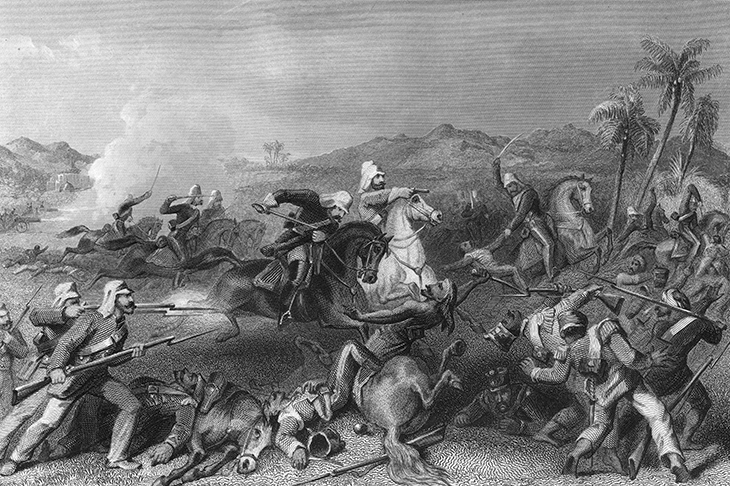
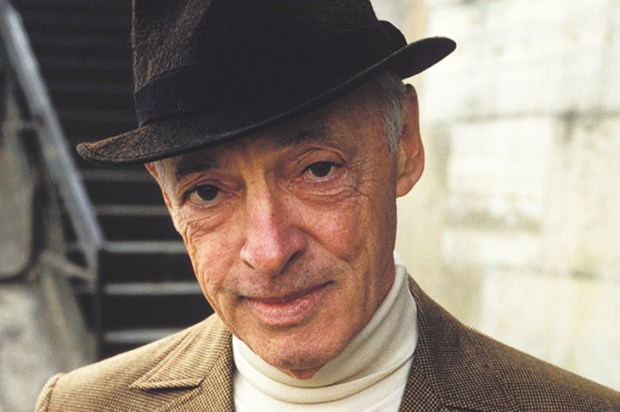
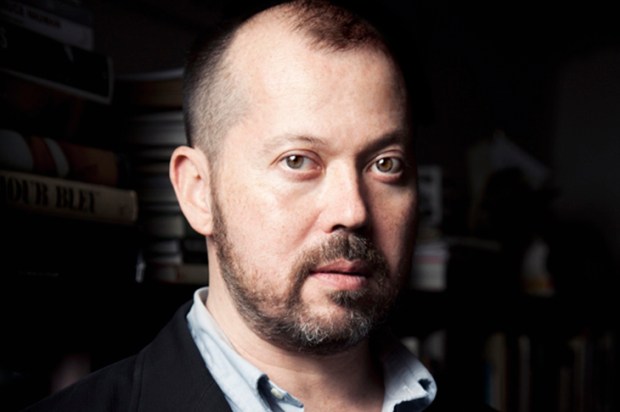

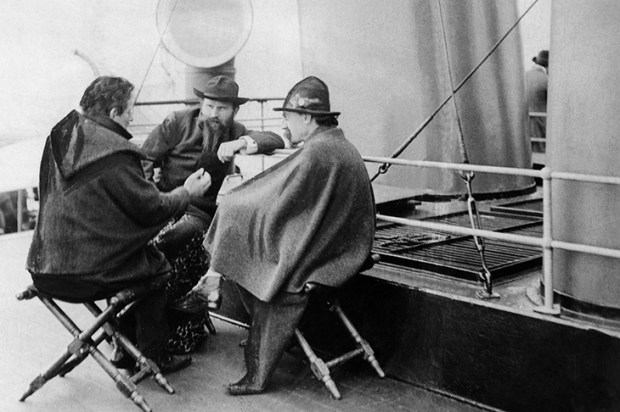
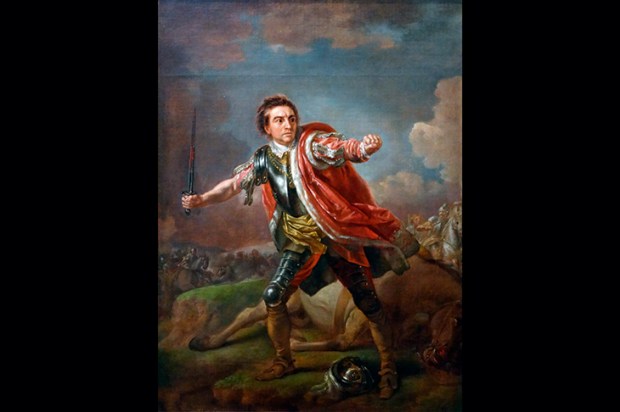







Comments
Don't miss out
Join the conversation with other Spectator Australia readers. Subscribe to leave a comment.
SUBSCRIBEAlready a subscriber? Log in